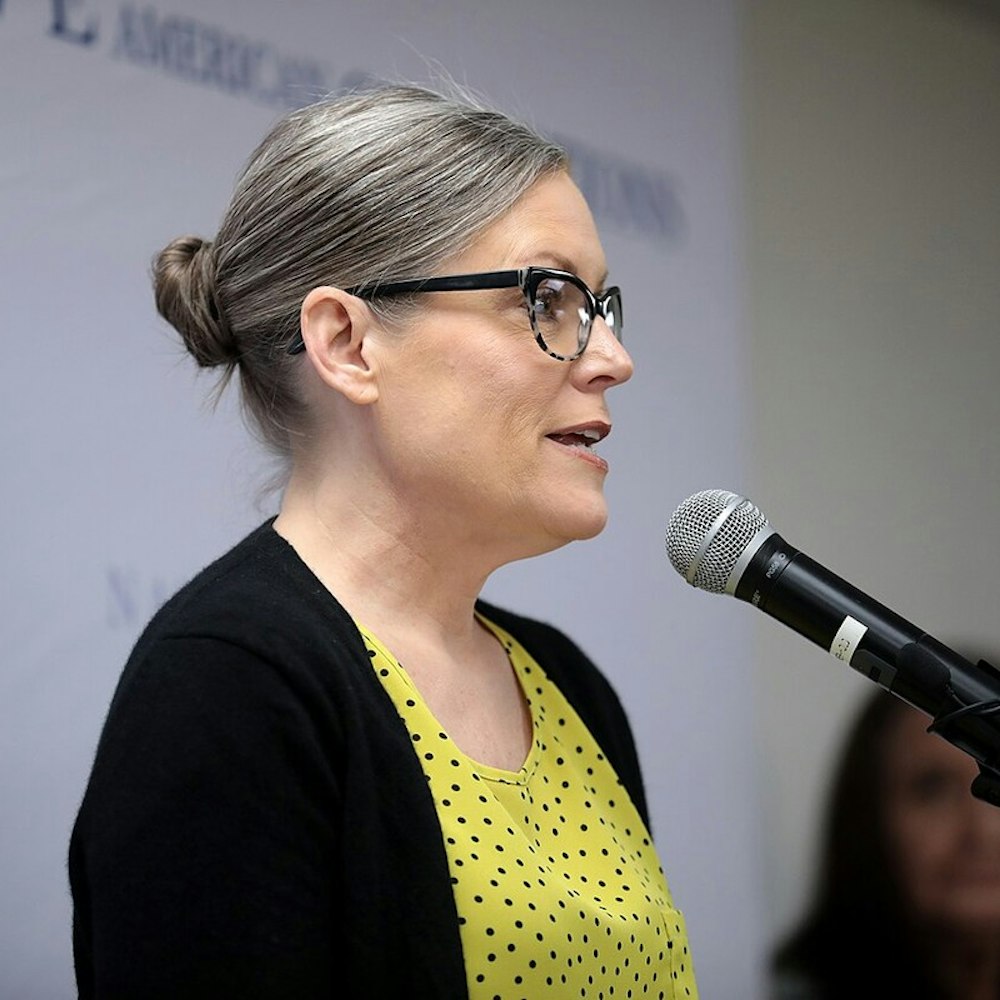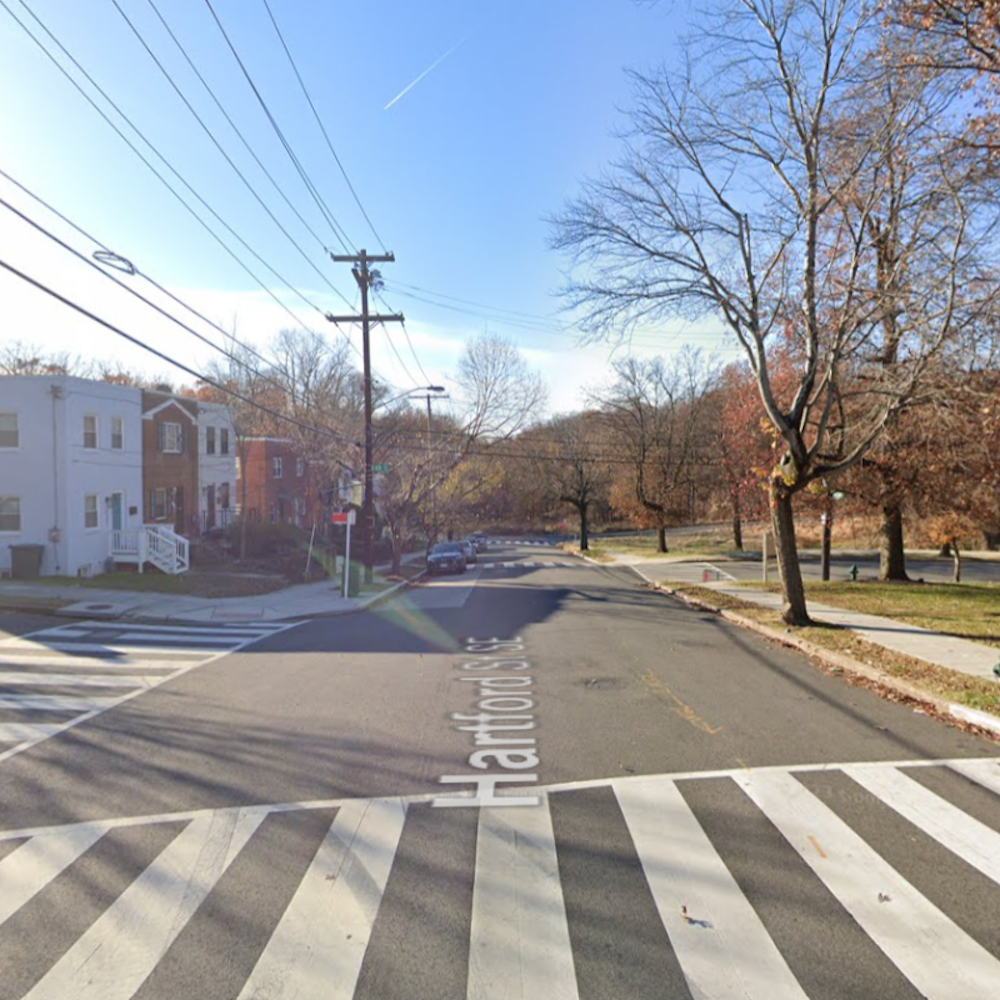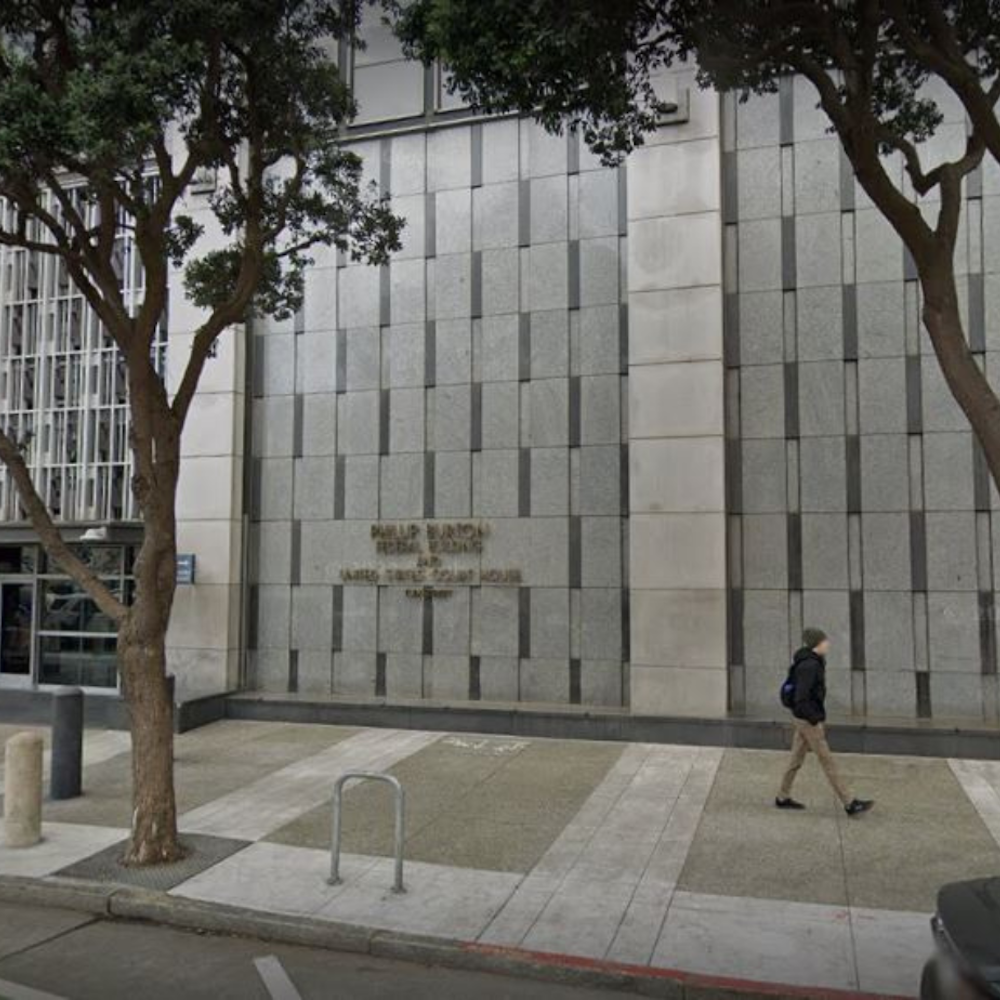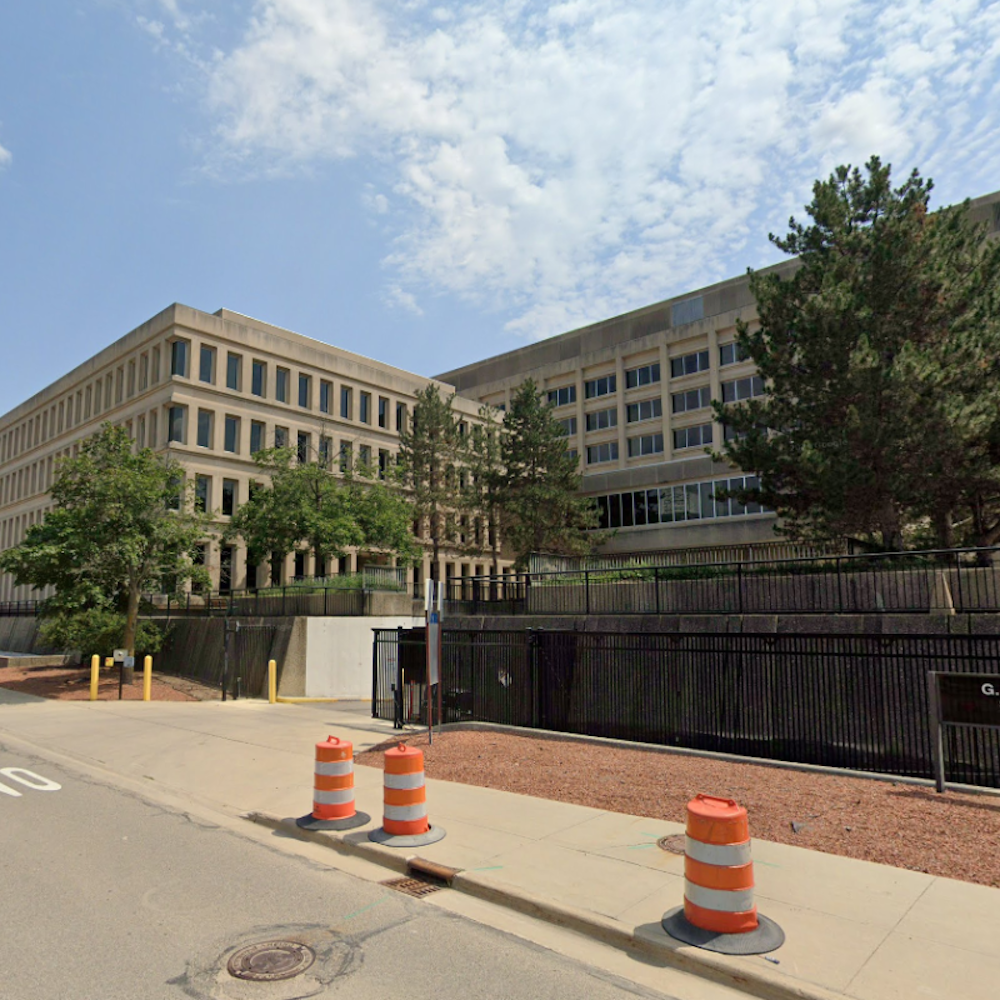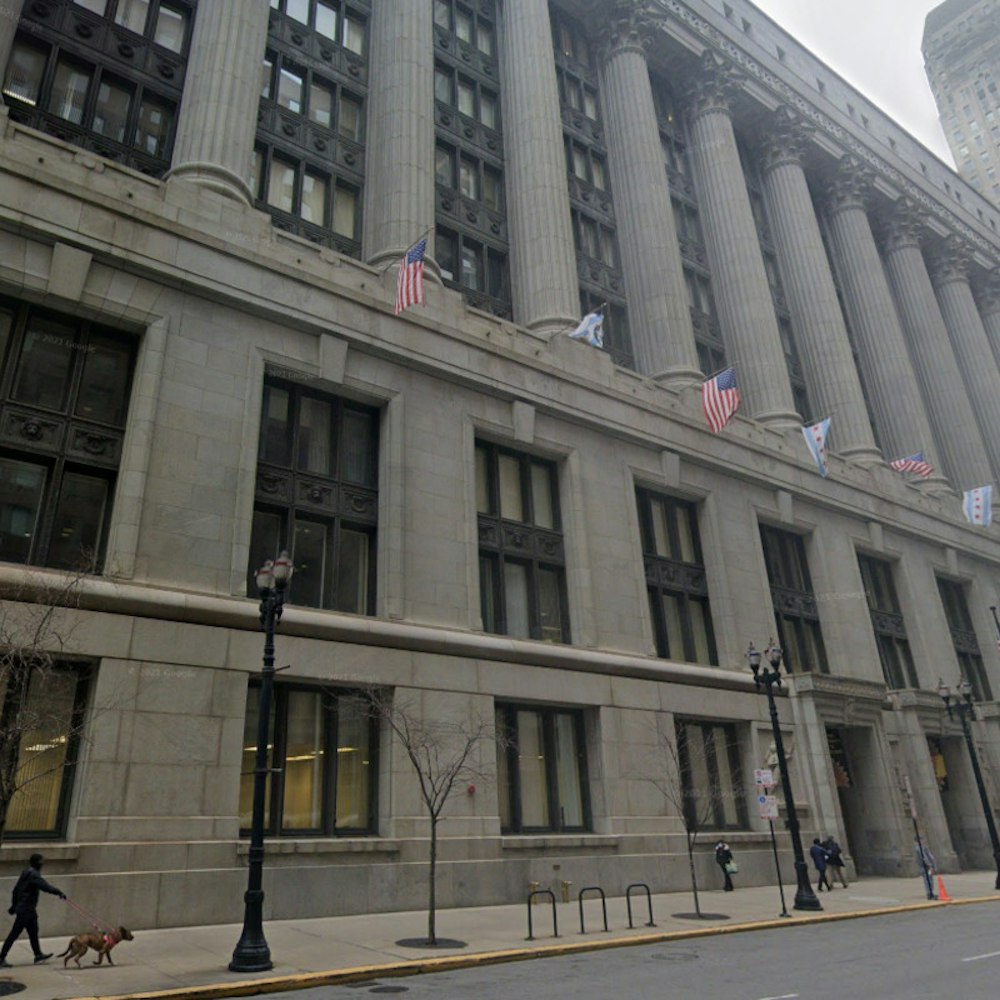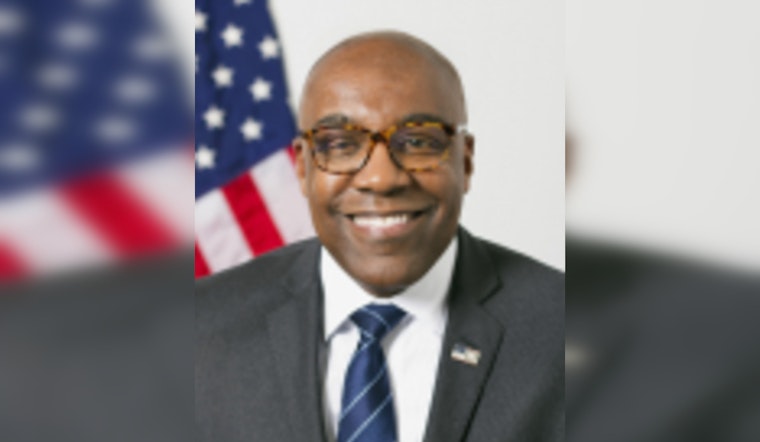
In a united front, Illinois Attorney General Kwame Raoul spearheaded a group of 14 attorneys general in an appeal to the U.S. Court of Appeals for the 3rd Circuit, urging the court to allow New Jersey to clamp down on privately run immigrant detention centers within its borders. The legal forces rallied behind a notion, one that places immense value on a state's ability to enforce its own laws dedicated to public welfare, particularly when it involves those who are not natural-born citizens but still breathe the same air and walk the same streets.
In the original plea, the state officials take a hard stance against a prior ruling that hindered New Jersey's efforts to enforce Assembly Bill 5207, a regulation put forth to cease the operation of private prisons that detain individuals over civil immigration violations. Despite the existing federal contracts that CoreCivic, a private detention firm, flaunted, Raoul and comrades argue that such ties should not override state jurisdiction. Raoul stated, "I am urging the Court of Appeals to reverse the lower court’s decision because states should be allowed to enforce laws that protect the health and safety of all who reside within our borders – without interference by the federal government," as reported on the attorney general's official website.
The movement began in the wake of widely criticized conditions at immigration detention centers, which included poor sanitation, and substandard medical and mental health services. This prompted New Jersey legislators to pass AB 5207 in late August 2021. However, CoreCivic contested the law in February 2023, seeking to be the exception and barraging the local government with an injunction that stops the enforcement of the statute. A lower court nodded in agreement to the company's plea, citing significant interference with federal operations, but Raoul and his band of legal heads are not buying it.
The submission by Raoul and the coalition holds that if the lower court’s decree stands, it would spawn unnecessary confusion regarding a state's power, to uphold its own laws against federal contractors, “I am urging the Court of Appeals to reverse the lower court’s decision because states should be allowed to enforce laws that protect the health and safety of all who reside within our borders – without interference by the federal government.” Raoul said. The frigid stance against federal overreach is a telling sign of these states' commitments to administer their public health laws, undeterred by the whims of profit-driven private entities.
The influential pact, which includes attorneys general from states such as Colorado, Connecticut, and New York among others, represents not just a regional pushback but a broader national conversation about the exercise of state powers versus the authority wielded by the federal government. As this legal tug-of-war continues to unfold, one thing holds clearly evident – the nagging debate over who gets to call the shots when it comes to protecting public health, especially among the most vulnerable, is far from over.

